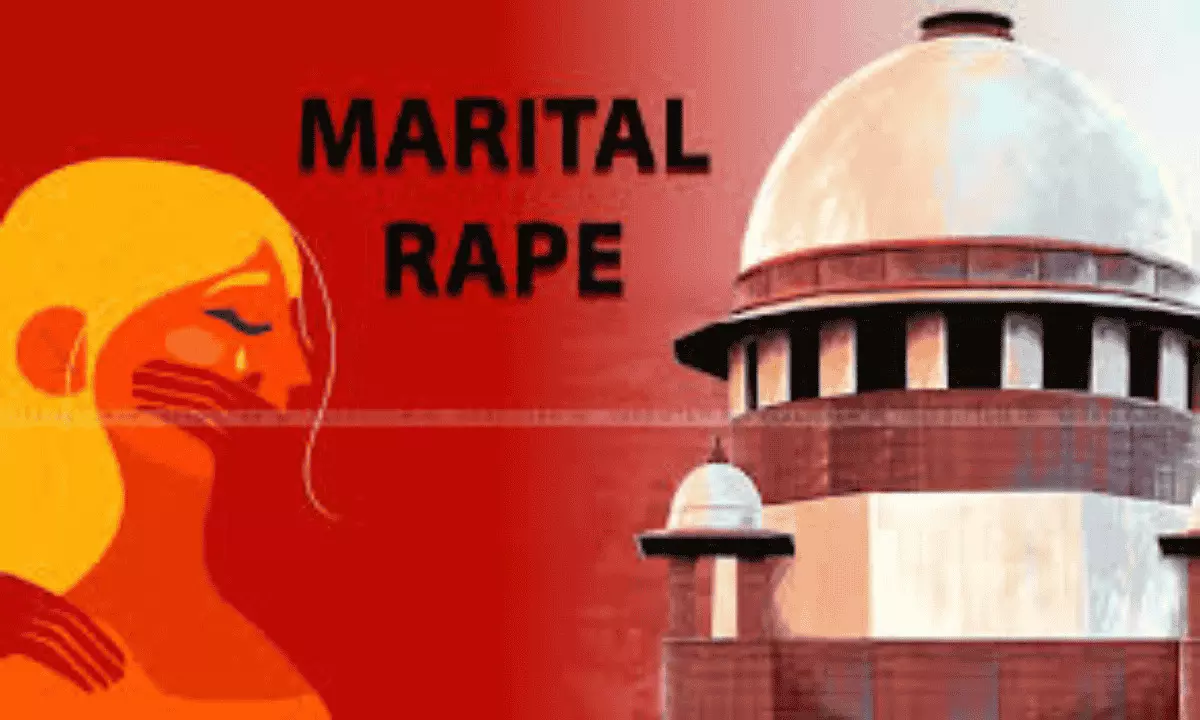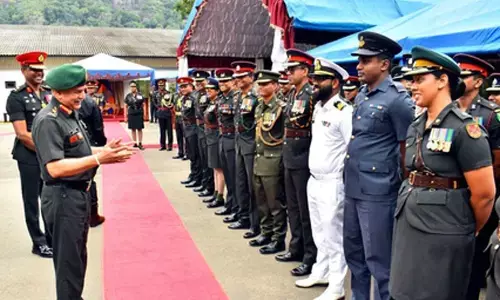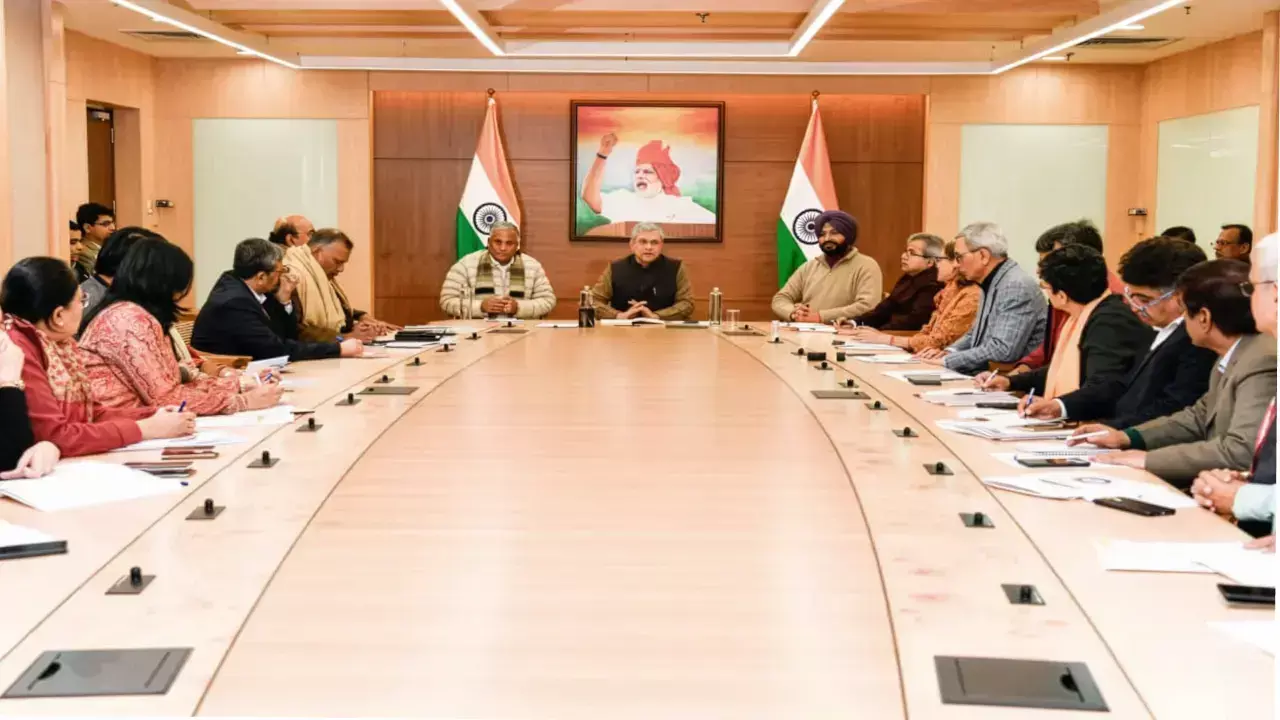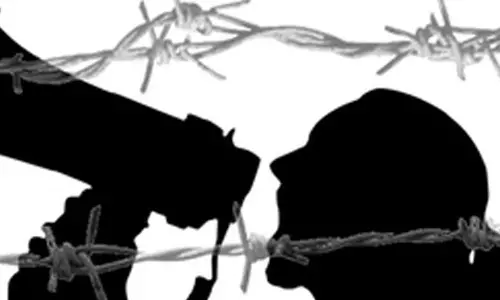Supreme Court Questions Revoking Husbands' Immunity in Marital Rape Case

The Supreme Court examines whether removing immunity for husbands in marital rape cases would create a new offense, sparking a national debate on legal reform.
The Supreme Court of India recently raised a critical question about the legal implications of revoking immunity granted to husbands in marital rape cases. In an ongoing debate, the Court questioned whether the removal of this immunity would effectively create a new criminal offense of marital rape, and what the potential social and legal consequences could be.
The Current Legal Stand
Under existing Indian law, marital rape is not considered a criminal offense if the wife is above the age of 18. This legal exemption for husbands has been a subject of growing concern and debate among activists, lawmakers, and judicial bodies who argue that it violates women’s constitutional rights to bodily autonomy and equality.
The Supreme Court, while hearing multiple petitions challenging this immunity, is considering if revoking it could establish a precedent where husbands could be charged with rape within the confines of marriage. The core question raised by the Court is whether such a move would unintentionally lead to a new legal offense of "marital rape," which the law does not currently recognize.
Debate on Social and Legal Impact
Several legal experts and activists believe that striking down this immunity is essential for gender justice, while others argue that it could lead to misuse of the law and strain marital relations. The government has yet to clarify its stand on this sensitive issue, which has far-reaching consequences for personal and family laws in India.
The Supreme Court’s inquiry highlights the delicate balance between protecting individual rights and maintaining the institution of marriage. Legal scholars argue that the lack of clarity in current laws has left a gap that needs to be addressed urgently.
Public Reactions
This case has stirred a national debate, with women's rights activists demanding that marital rape be recognized as a crime, while others express concerns about the potential misuse of such legislation. The ongoing legal proceedings will shape the future of women's rights in marriage, as the Supreme Court deliberates on the matter.
The Court’s final ruling is expected to have profound implications on marriage laws, gender equality, and the rights of women across the country.
















